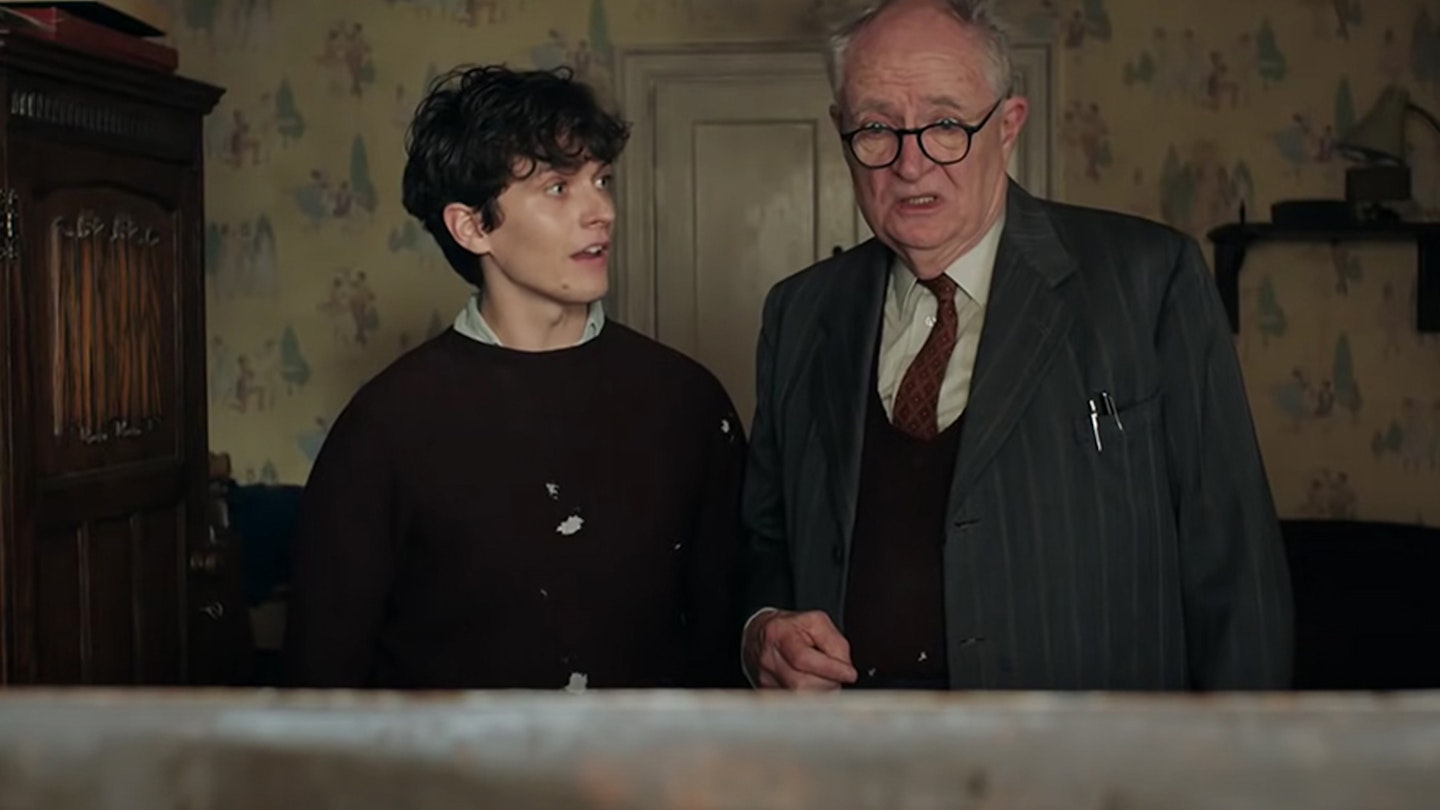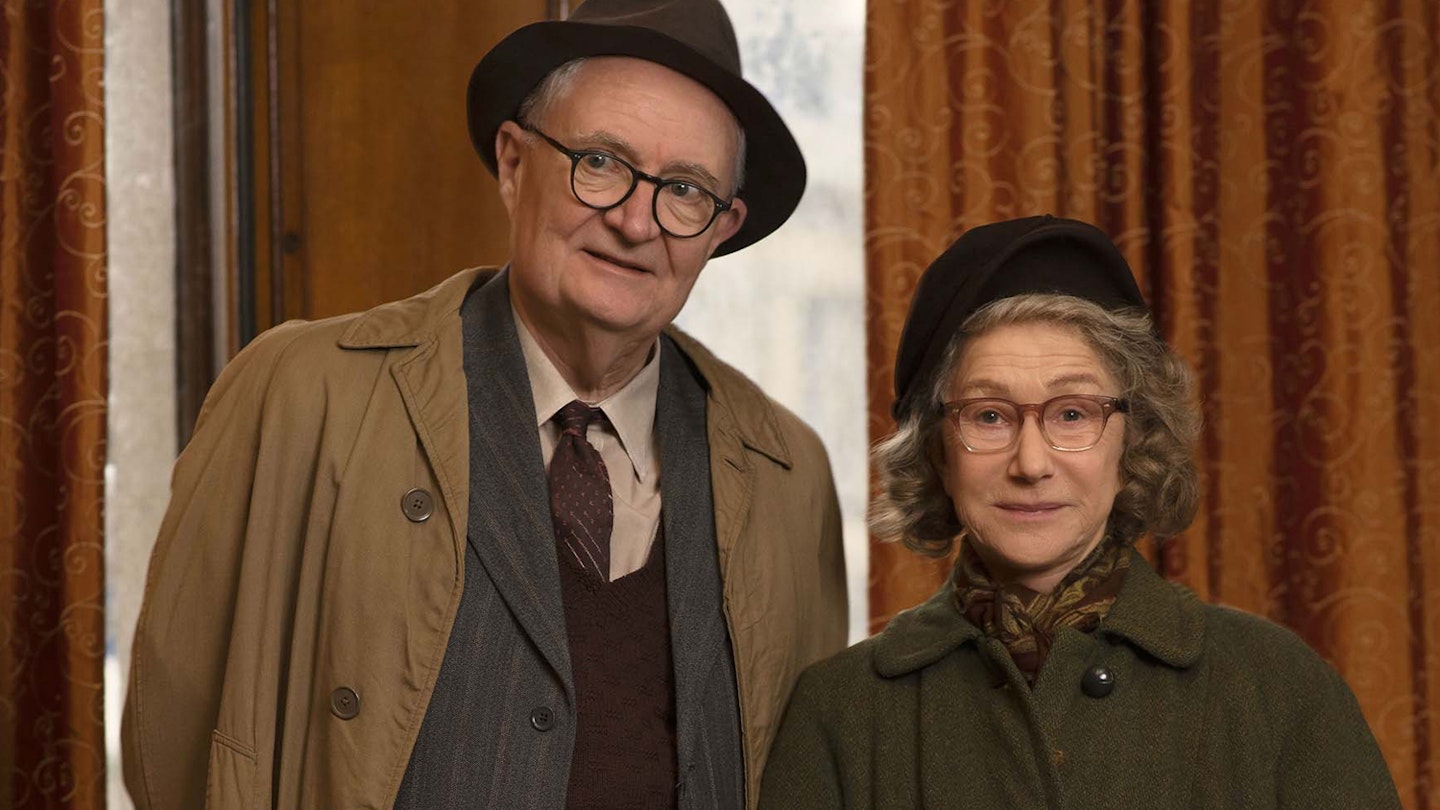Sadly and unwittingly, The Duke is British filmmaker Roger Michell’s swan song. It’s almost as if he planned it. His final fictional feature (a documentary on the Queen, Elizabeth, is still to be posthumously released) seems, on reflection, like the perfect confluence of his versatile talents: mingling his knack for crowd-pleasing joy (see also: Notting Hill), eccentric British humour (Venus), and tense dramatic stakes (Enduring Love) in one charming story.
And what a (true) story! In the rich 200-year history of the National Gallery, only one painting has ever been stolen, and the man (supposedly) responsible was a disabled pension-age bus driver from Newcastle-Upon-Tyne. This is Ocean’s 11 by way of Auf Wiedersehen, Pet. In fact, Richard Bean and Clive Coleman’s script has some of the wit and sparkle you’d find in a Dick Clement / Ian La Frenais project: a working-class hero encountering insurmountable odds and finding absurdity alongside them.

In Jim Broadbent’s Kempton, you find that hero: a Geordie George Clooney possessing a gift for the gab, a penchant for tea and biscuits, and a heart stubbornly fixed on doing the right thing, even if it lacks a sense of self-preservation. Broadbent is stupendously well-cast, his everyman features a good fit for the role, and he’s given free rein to be far more gregarious and charismatic than normally allowed. Helen Mirren is very good too, though it’s hard to shake the feeling this role is rather beneath her talents; you don’t hire an Oscar-winner to play the ‘scolding-wife’ type.
Though it remains cosy to its core, there is a fearless social conscience to it.
Michell lightly leans into the genre, finding an amusing contrast between slick heist tropes (the opening titles are all ’60s-style jazz and split-screens) and Broadbent’s distinctly unglamorous criminal scheming. But — perhaps owing to how easy it was in real life — the actual heist itself takes up relatively little screen-time. The tension is more plainly found in whether the scheme will be uncovered, and if its high-minded motives will be a success.
As Kempton himself notes, he is a true Robin Hood-esque hero, merely looking to “borrow” the painting while holding the government (who spent £40,000 of public money to buy it) to ransom, so that the disabled and elderly might have a fairer share of the pot. Winningly, the film adopts some of Kempton’s principles too, and though it remains cosy to its core, there is a fearless social conscience to it that’s rare among Sunday-teatime types.
Fittingly, the film’s final act, in which Kempton offers his defence in court, is quite literally crowd-pleasing, Broadbent given the floor to deliver full-throated defences of our shared community spirit — a preacher from a humanist pulpit. Kempton’s words are gentle and jocular but fiercely rousing, and while the court establishment figures harrumph, the gallery cheers and hollers. In cinemas, this lovely little film ought to play equally well.
